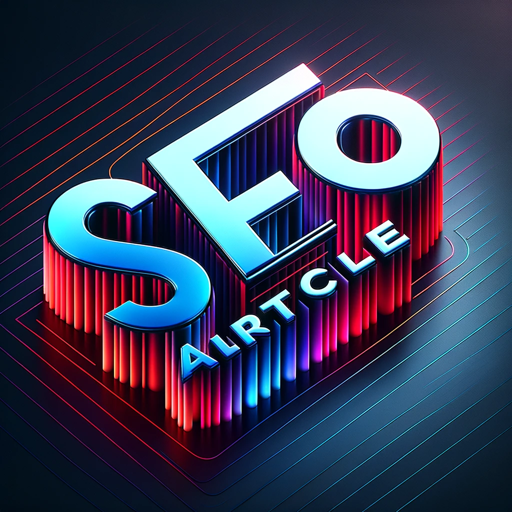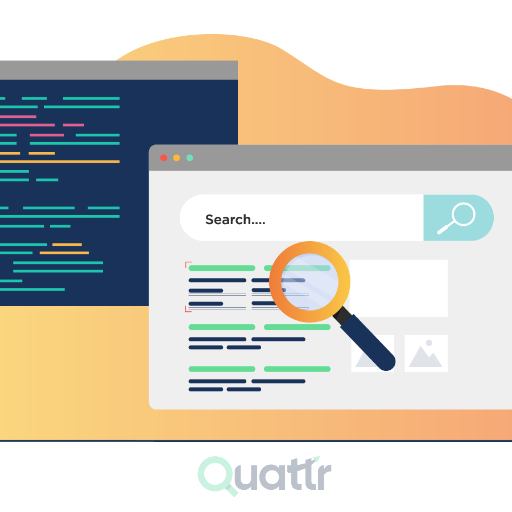FAQ Schema Markup Generator-AI-powered FAQ generator
AI-powered tool for easy FAQ generation
Start by pasting your page URL below
Related Tools
Load More
Fully SEO Optimized Article including FAQ's
Create a 100% SEO Optimized Article | Plagiarism Free Content | Title | Meta Description | Headings with Proper H1-H6 Tags | up to 2500+ Words Article with FAQs, and Conclusion.

FAQ Generator Ai
🔍 Expert in transforming webpages into FAQs! 📄🤖🌐 Transform any webpage into an informative FAQ section with AI Online FAQ Generator! 📄✨ Whether you're a website owner, content creator, or marketer, our tool seamlessly converts single-page URLs into engagi

Schema Markup Generator GPT
Instantly generate a ready to use schema markup for any of your SEO needs.

FAQ Post Runner
A professional writer specializing in writing FAQ articles

FAQ Creator
I create detailed FAQs for websites, provide answers, and generate downloadable files.

Structured Data Generator
GPT created by Max Del Rosso for web content analysis and the automatic generation of structured JSON-LD data according to Google's directives and Schema.org.
20.0 / 5 (200 votes)
Introduction to FAQ Schema Markup Generator
The FAQ Schema Markup Generator is a specialized tool designed to create structured data for Frequently Asked Questions (FAQs) on web pages. Its primary function is to help users generate FAQ content that can be easily understood and indexed by search engines, enhancing the visibility and accessibility of the information. By converting FAQs into schema markup, it ensures that search engines can recognize and display this information prominently in search results, often in rich snippets. This not only improves the user experience by providing quick answers but also boosts the SEO performance of the website. For example, a website selling kitchen appliances can use the generator to create FAQ schema markup for questions related to product usage, maintenance, and troubleshooting, making it easier for potential customers to find relevant information directly from search results.

Main Functions of FAQ Schema Markup Generator
Generate FAQ Lists
Example
A small business website needs a simple FAQ section to address common customer inquiries about shipping, returns, and product care.
Scenario
The business owner uses the generator to create a list of FAQs in plain text, which can be easily added to their website.
Generate FAQ HTML
Example
A tech support website wants to implement an FAQ section with HTML markup for better formatting and styling.
Scenario
The support team uses the generator to create FAQs in HTML format, allowing them to integrate the section seamlessly into their existing website design.
Generate FAQ Schema.org Markup
Example
An e-commerce platform aims to improve its SEO by having FAQs appear in rich snippets on Google search results.
Scenario
The SEO team uses the generator to convert their FAQ content into Schema.org markup, making the information more search-engine-friendly and increasing the chances of appearing in featured snippets.
Ideal Users of FAQ Schema Markup Generator
Small Business Owners
Small business owners benefit from using the FAQ Schema Markup Generator as it helps them quickly create an FAQ section that can address common customer queries, improving customer satisfaction and reducing the volume of repetitive inquiries.
SEO Professionals
SEO professionals use the generator to enhance the visibility of web content in search results. By incorporating structured data, they can improve their clients' chances of appearing in rich snippets, which can lead to increased traffic and better user engagement.

How to Use FAQ Schema Markup Generator
1
Visit aichatonline.org for a free trial without login, also no need for ChatGPT Plus.
2
Paste the URL of the webpage you want to generate FAQs for in the designated field.
3
Review the automatically generated FAQs to ensure they align with the content of your webpage.
4
Choose the format for the FAQs output: simple list, HTML format, or FAQ Schema.org format.
5
Copy and integrate the generated FAQs into your webpage to enhance user experience and SEO performance.
Try other advanced and practical GPTs
Image Generation with Parameters
AI-Powered Custom Image Generation

The Office Translator
Turn slang into corporate speak effortlessly with AI.

Competitive Intelligence
AI-powered insights for strategic advantage.

ILearn
AI-Powered Learning Made Simple.

Thumbnail Wizard
Create stunning YouTube thumbnails effortlessly with AI.

ChirpLingo
AI-powered Dutch language learning tool

Script Master GPT
Transforming Ideas into Scripts with AI

Avi -Personal Finance | Budgeting | Money Planning
AI-Powered Financial Insights for All

Webflow Wizard
AI-powered Webflow Wizard for dynamic websites

Realistic Artistic Portraits
AI-powered portraits, customized to perfection.

Word Teacher 单词老师
Empower Your Words with AI
唐诗宋词GPT
AI-powered Tang and Song poetry guide.

- User Engagement
- Content Structuring
- Website Content
- SEO Enhancement
- Schema Markup
FAQ about FAQ Schema Markup Generator
What is FAQ Schema Markup Generator?
FAQ Schema Markup Generator is an AI-powered tool designed to create structured FAQ sections for web pages. It helps improve user engagement and SEO by providing ready-to-use FAQ formats.
How does FAQ Schema Markup Generator improve SEO?
By generating structured FAQ schema markup, this tool helps search engines understand and display your content more effectively, which can improve your site's visibility in search results.
Can I customize the generated FAQs?
Yes, you can review and edit the automatically generated FAQs to ensure they match the tone and content of your webpage before integrating them.
Is there any cost associated with using FAQ Schema Markup Generator?
The basic features of FAQ Schema Markup Generator can be used for free, with no need for login or a ChatGPT Plus subscription.
What are the main formats available for the generated FAQs?
The tool provides three main formats for the generated FAQs: a simple list, HTML format, and FAQ Schema.org format, allowing for easy integration into various types of web pages.